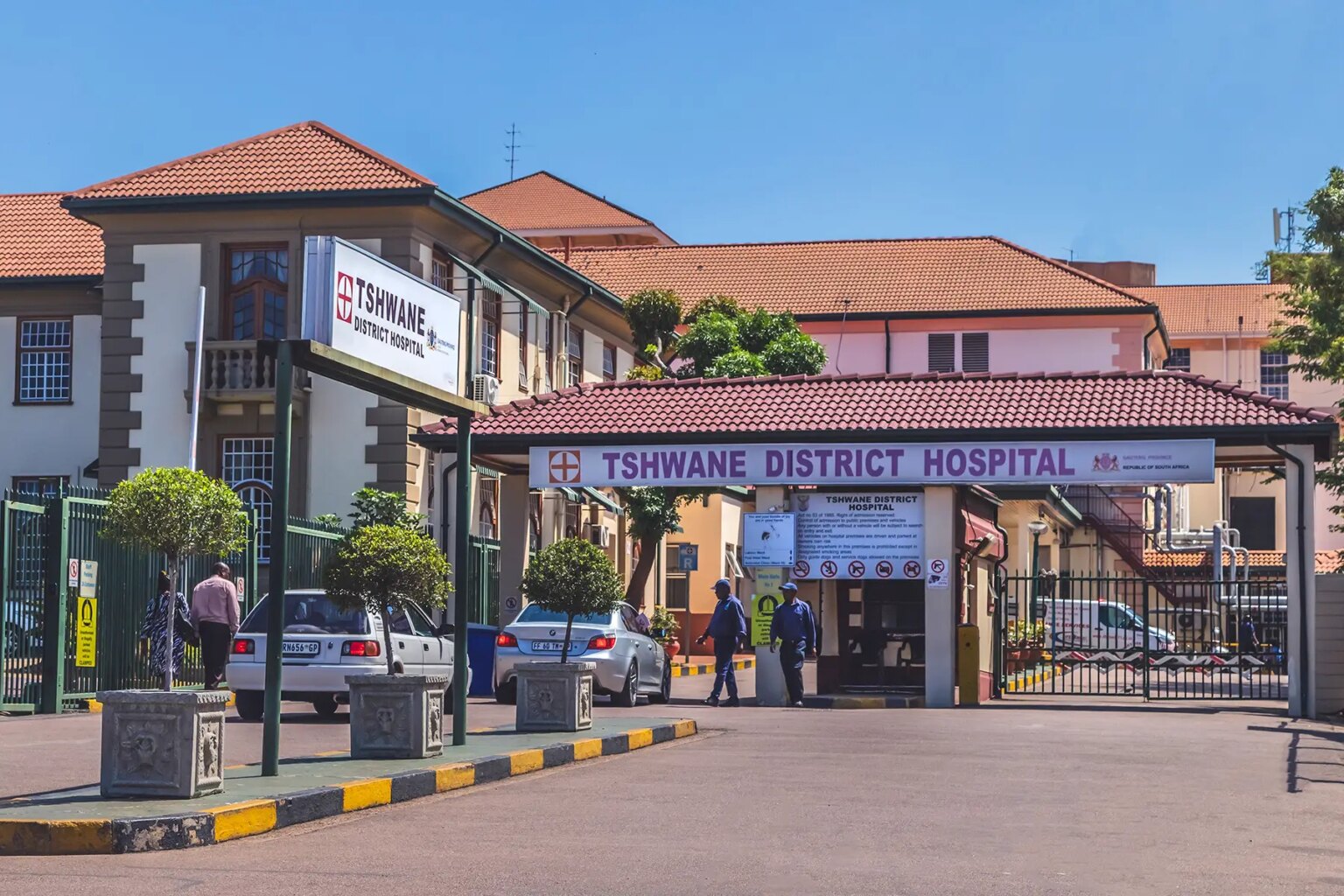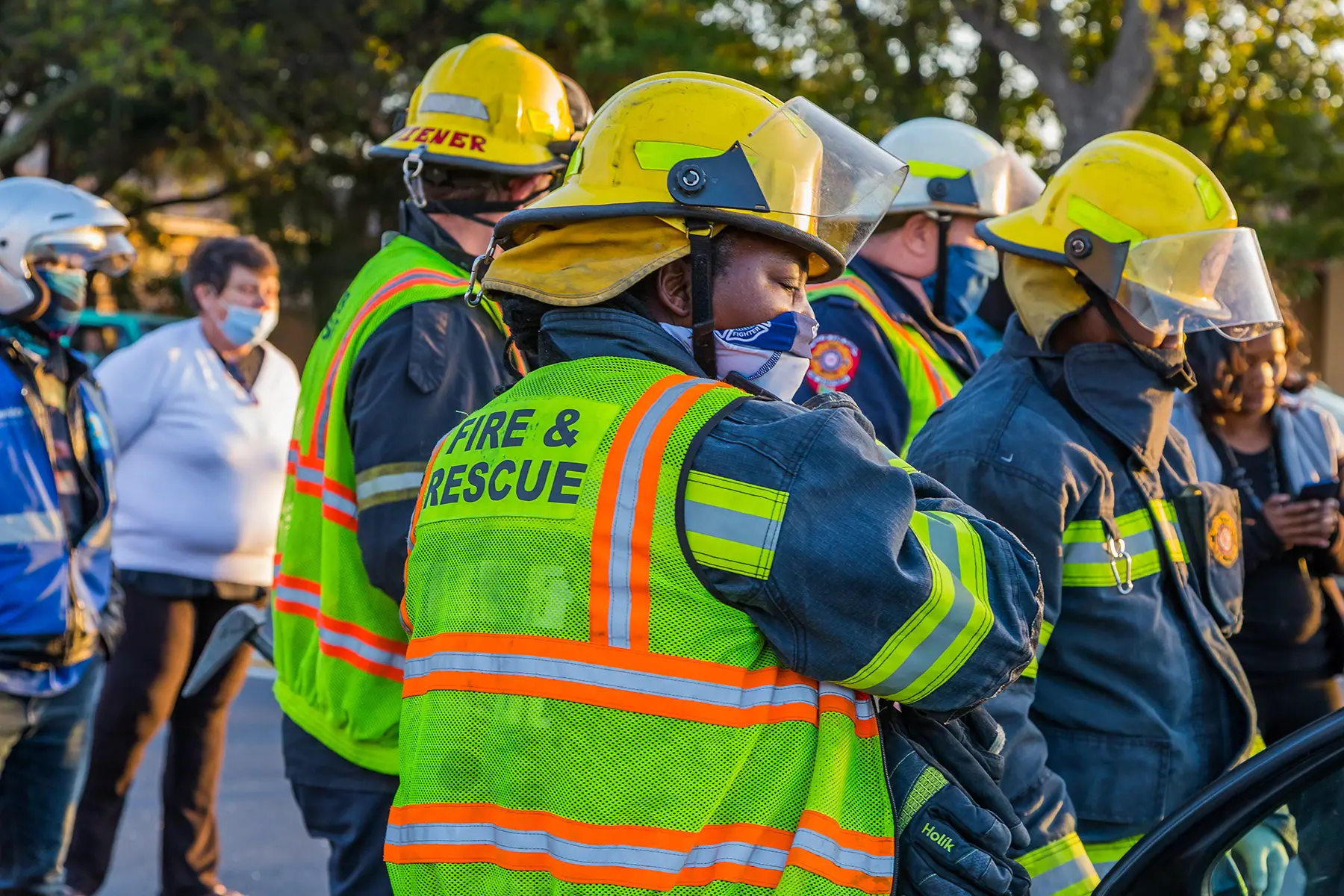South Africa has the highest standards of healthcare in the region, with services including a range of treatments in both public and private hospitals. Visiting a hospital in South Africa is usually a fairly straightforward procedure as long as you have suitable medical insurance coverage, and it’s not too hard to find English-language services in the big cities.
- Hospitals in South Africa
- How to access hospital treatment in South Africa
- Emergency treatment in South Africa
- Hospital stays in South Africa: what to expect
- Hospital costs in South Africa
- Being discharged from hospitals in South Africa
- Visiting someone in the hospital in South Africa
- The best hospitals in South Africa
- Useful resources
Cigna Global
Enjoy peace of mind while living in South Africa with Cigna Global’s long-term international health insurance plans (12+ months). Get tailored coverage, direct billing with many providers, complex case management, and global care on demand, with access to a network of 1.5+ million doctors, specialists, and therapists.
Hospitals in South Africa
The South African healthcare system consists of both public and private services, and this extends to hospital provision as well. There are roughly 400 public hospitals and 200 private hospitals in South Africa. Around 80% of native South Africans use state-funded facilities, which are largely subsidized. However, the country’s expat population often opts for private healthcare in South Africa. This is more expensive, but is of higher quality and can be covered by private health insurance. The three biggest private hospital providers in South Africa are Mediclinic, Life Healthcare, and Netcare.
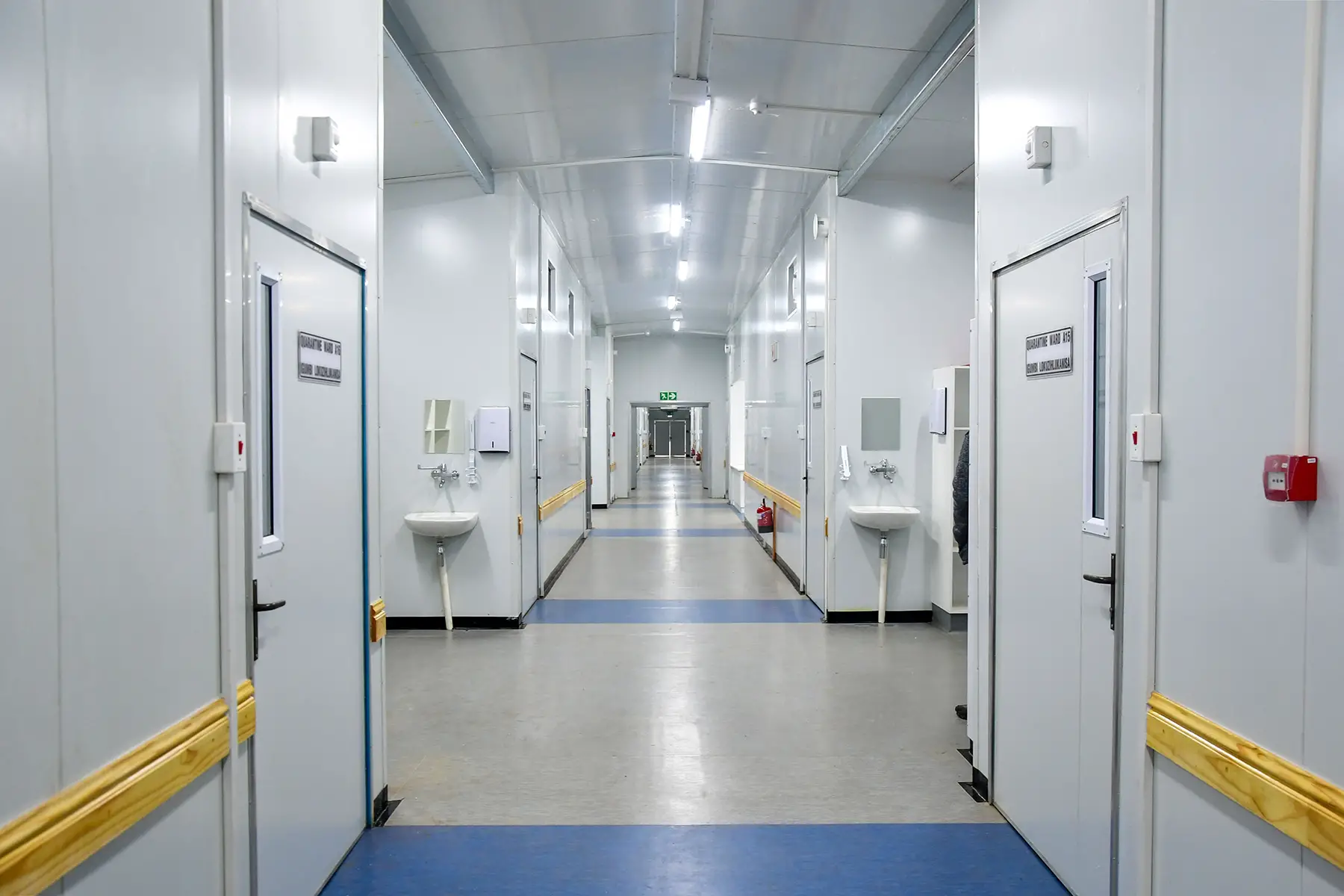
Most hospitals in South Africa, both public and private, are general hospitals. However, you can find specialist hospitals and medical centers dedicated to areas such as psychiatry, cardiology, gynecology, and orthopedics. Services and treatments available in hospitals vary but typically include:
- Emergency treatment
- Specialist consultancy and examinations
- Maternity services
- Psychiatric and mental health services
- Surgery and follow-up treatment
- Outpatient services
Public and private South African services generally offer the same range of services, although the gaps in quality between public and private hospitals can be significant. However, one of the biggest differences is the waiting times. Waiting lists can be quite long for some non-urgent procedures in South African state hospitals. If you go to a private hospital, you can usually get treatment much more quickly.
South Africa is a mid-ranking country globally when it comes to healthcare according to Numbeo’s Global Health Index, which takes user surveys into account. This reflects in its level of hospital care, with standards in private facilities often similar to those in higher-ranking countries in East Asia or Europe, but public facilities often lag behind.
How to access hospital treatment in South Africa
All residents and visitors can access public hospitals for treatment in South Africa. However, you usually need a doctor’s referral for routine treatment.
To access private hospital care, you either need to take out private health insurance or pay upfront for treatment. You can generally make an appointment to see a private hospital specialist without any kind of GP referral. The process for making hospital appointments in South Africa is usually by phone, although some private providers have online booking systems.
Emergency treatment in South Africa
Most hospitals in South Africa have emergency treatment wards that you can visit without an appointment if you have any injury or health complaint that needs urgent treatment. For example, this includes breaking a bone or suffering acute or severe pain in any part of your body.
Anyone in South Africa can access emergency healthcare in state hospitals, including tourists. However, if you don’t have medical insurance then you may be charged up to 60% of the total costs. You can opt for emergency treatment in private hospitals if you have sufficient health insurance or are willing to pay for services out of pocket.
The nationwide number for an ambulance in an emergency in South Africa is 10177. You can also call 112 from any mobile phone to get put through to emergency services. Some of the main private health insurance providers in South Africa (such as Netcare and ER24) have their own medical emergency numbers. However, you must pay ambulance fees if you don’t have insurance coverage and these fees have increased rapidly in recent years.
Hospital stays in South Africa: what to expect
If you have to stay overnight in a hospital in South Africa, you are typically placed in a ward with other patients. Some hospital wards have curtains that separate individual beds so that patients get some degree of privacy. You won’t normally get your own room unless you are in a private facility and your insurance covers access to your own room.
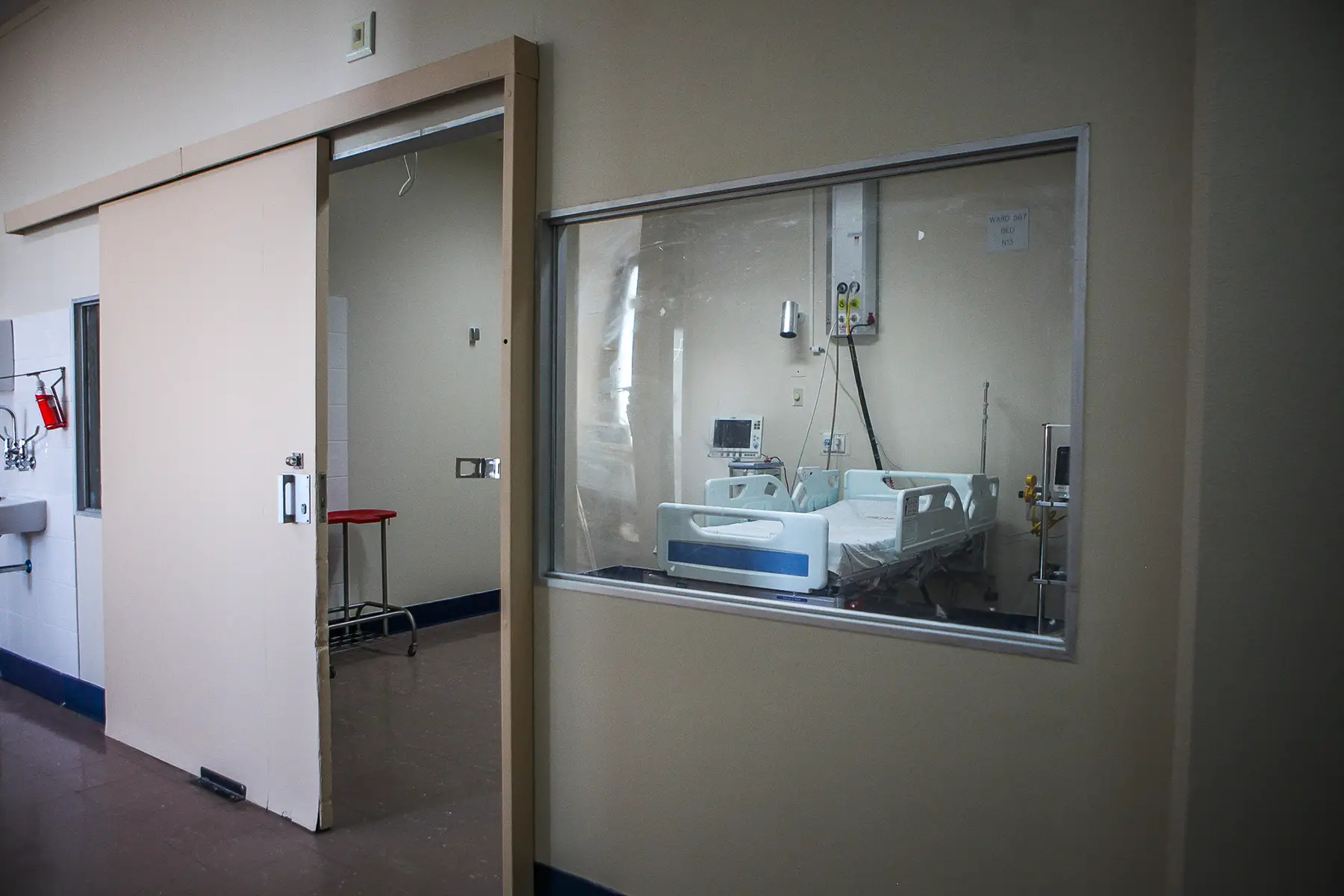
Meals and facilities vary between hospitals, too. You typically get more of a mealtime choice in private hospitals, as well as access to things such as TV and toiletries. Having said that, hospital visitors can usually bring items of food and personal belongings such as laptops. Check beforehand to see if there are any restrictions on what visitors can bring.
Hospital costs in South Africa
If you receive treatment in a state hospital in South Africa, the government subsidizes the costs at around 40%. Patients pay the remainder of the fees; however, exact costs depend on the patient’s income and family circumstances. A consultation session with a doctor in a hospital is usually between R13–55, although treatments and tests may increase this. Hospital stays start at around R7 per night for up to 30 nights for unemployed patients. For those earning a higher income, hospital stays can cost up to R980 per night.
Costs in private facilities are generally around the same in South Africa as in other OECD countries, according to OECD data. You can see a list of current fees on the Mediclinic website as an example of what you are likely to pay.
Most private hospitals in South Africa charge upfront for services and then you can claim fees back from your insurance provider once you give them the receipts or invoices. This means that you can be out of pocket for a few weeks if using private insurance. Some insurers will agree to cover the cost of expensive surgical treatments upfront if you inform them of the details in advance.
State hospitals also typically charge at the point of service. However, you only have to pay the proportion of the bill that you are liable for.
Health insurance for hospital costs in South Africa
South Africa has plans to introduce a National Health Insurance (NHI) system by 2026. This will be similar to the National Health Service in the United Kingdom, where funds are pooled to enable universal free state healthcare to all residents. At present, patients in South Africa pay up to 60% of public hospital costs unless they have private health insurance.
There are various private health insurance providers in South Africa, both national and international. They offer different plans that cover both state and private facilities. Coverage depends on which plan you take out, but it’s possible to buy premium packages covering 100% of most costs with many insurers. However, you typically have to pay hospital fees upfront and then send the invoices to your insurer to claim reimbursement.
Expat-friendly international companies that offer coverage plans to suit individual requirements include the following:
Being discharged from hospitals in South Africa
Each South African hospital has its own discharge policy for in-patients. The standard process is for the doctor or specialist responsible for your treatment to authorize your discharge. You then have to complete some paperwork and present a discharge form at reception, where you will pay any fees owed. Make sure you ask for invoices at this point if you are claiming money back from your health insurance provider.
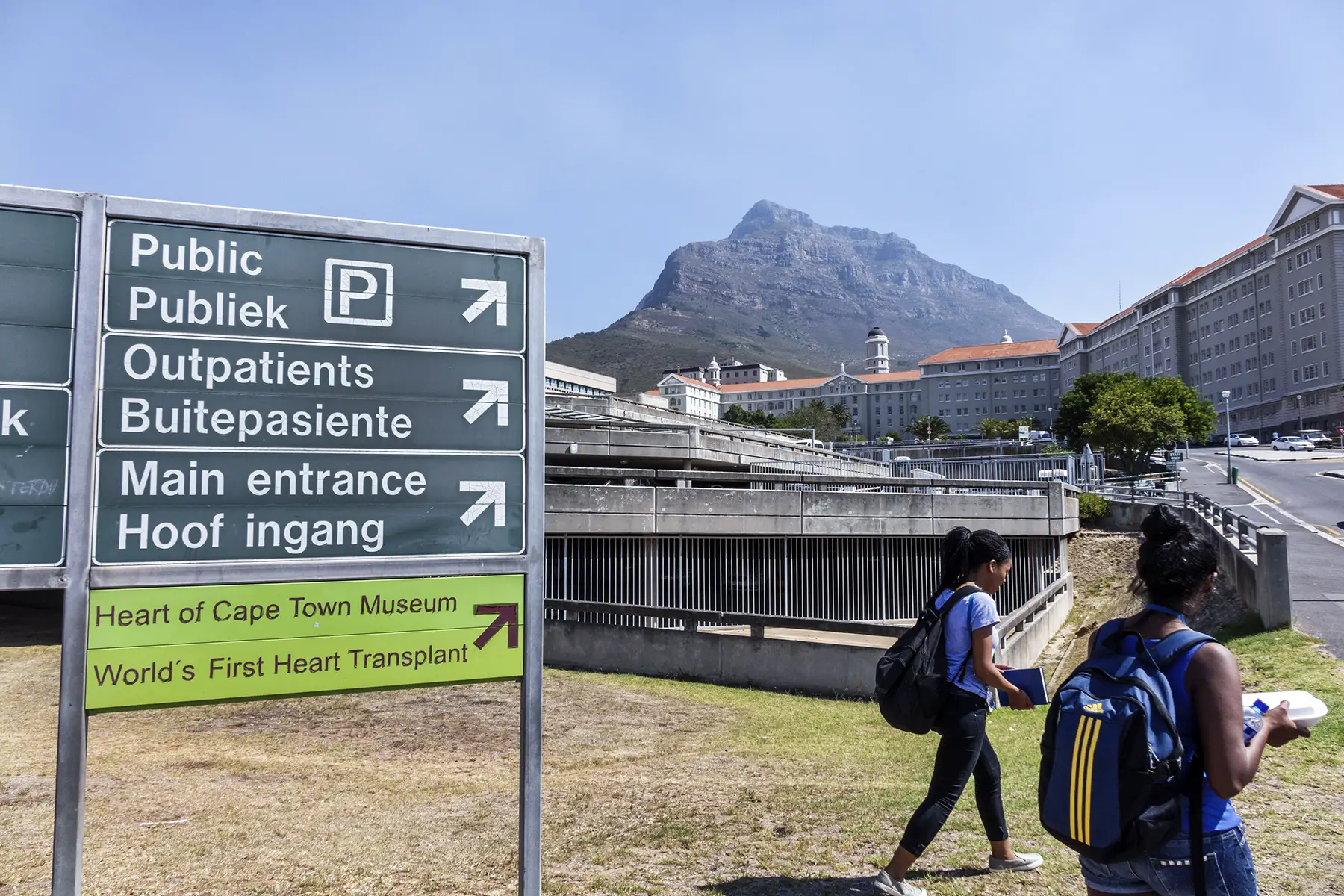
It is possible to self-discharge in South African hospitals unless doing so may cause serious harm to yourself or others. However, you may violate the terms of your insurance policy if you have one.
In many cases, you receive follow-up appointments as an outpatient to check your progress. You will also usually have some sort of plan for self-recovery at home. This depends on your health condition and the treatment you received.
Visiting someone in the hospital in South Africa
Visiting hours and rules depend on the individual hospital and provider, so you should check with the hospital in advance or take a look at its website. Some private providers (e.g., Mediclinic) or state provinces (e.g., Western Cape) publish visitor information online. As hospitals may still have some restrictions in place due to COVID-19, it’s wise to check the latest information before turning up.
When you do visit someone in a South African hospital, you can generally bring light food, drink, small gifts, or the patient’s personal belongings (for example, clothes, toiletries, or books). Again, it’s a good idea to check beforehand for any restrictions.
The best hospitals in South Africa
According to the Ranking Web of Hospitals, South Africa has 18 hospitals or hospital groups ranked among the world’s top 10,000. Here is a small selection of the highest-ranked ones.
Netcare Group (nationwide)
One of the biggest private providers in South Africa, with facilities including hospitals, a Medicross division of doctors, dentists, specialists, and emergency services.
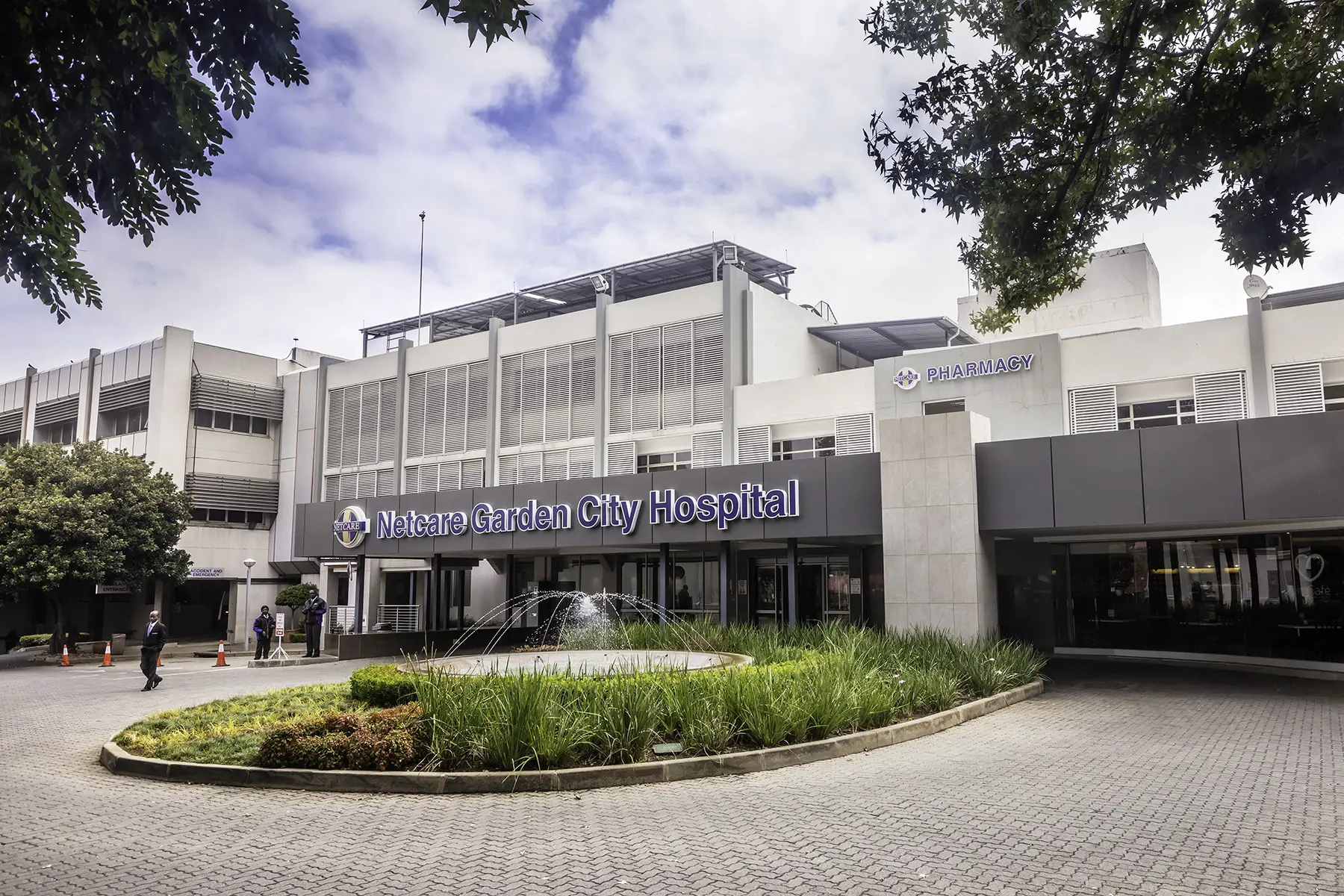
At number 1,546, it’s the highest-ranked hospital provider in South Africa. With nearly 50 hospitals spread across seven provinces, Netcare facilities are mostly general hospitals offering a wide range of specialist care including cardiology, dentistry, psychology, pediatrics, and urology.
Life Healthcare Hospital Group (nationwide)
A global private provider with 66 hospitals and over 4,000 healthcare professionals in South Africa, Life Healthcare ranks at 1,563 globally.
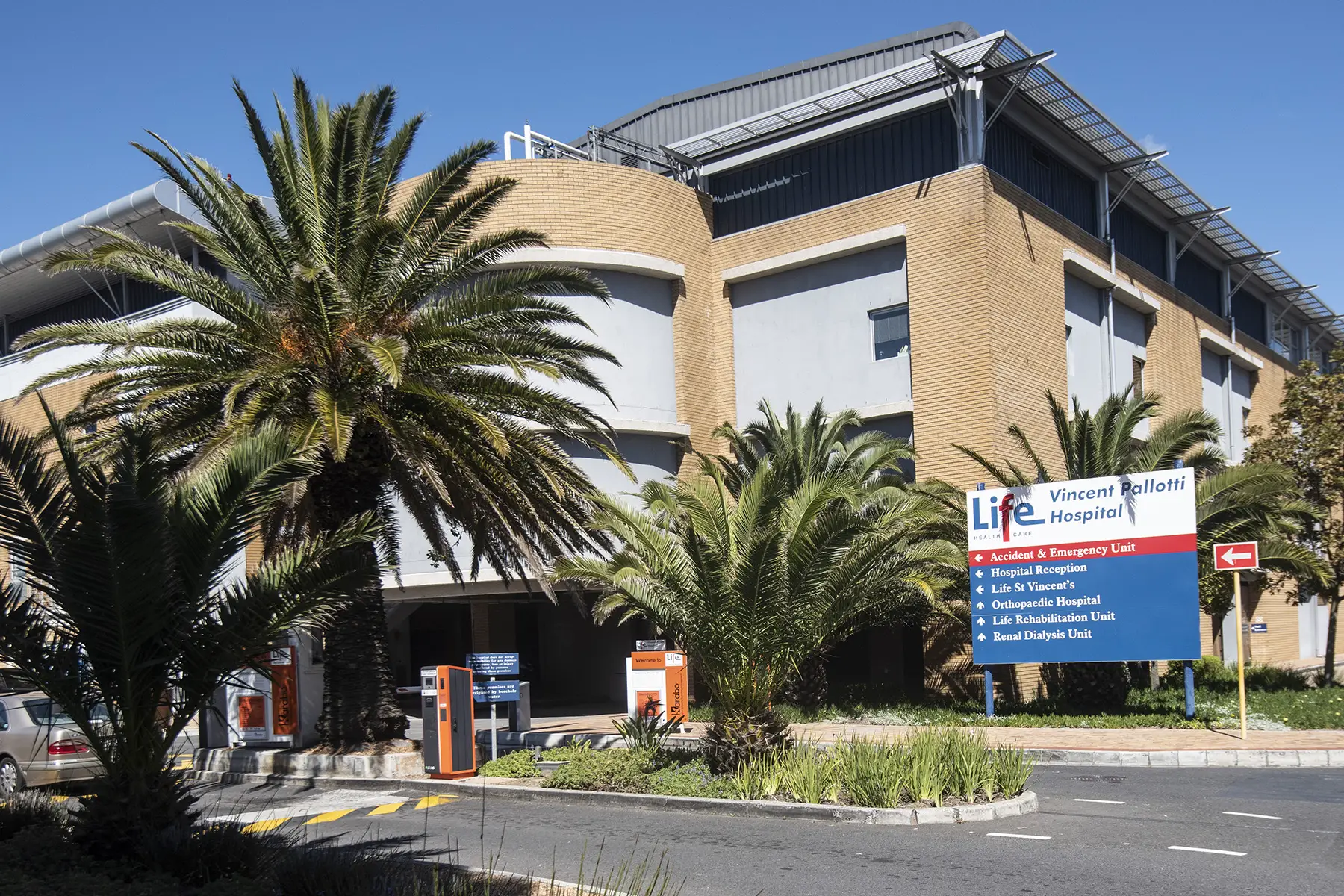
Its facilities are mostly general hospitals with specialist divisions including pediatrics, maternity services, cardiac services, ophthalmology, orthopedics, neurology, and emergency care.
Red Cross War Memorial Children’s Hospital (Cape Town)
This specialist children’s facility in the Western Cape is part of the South African Red Cross charity provision. Built in 1956, the Red Cross War Memorial Children’s Hospital is the only hospital in sub-Saharan Africa dedicated entirely to children’s healthcare. The hospital is supported by the Children’s Hospital Trust, which has handled fundraising for the hospital since 1994. The Red Cross War Memorial Children’s Hospital ranks at 3,665 globally, the third-highest in South Africa.
Melomed Hospitals (Western Cape)
Ranked at 4,591, Melomed is a group of six private hospitals in the Western Cape. Melomed opened its first hospital in Gatesville in 1989 and added its most recent facility in Richards Bay in 2018. All Melomed hospitals are general hospitals, with particular specialist divisions including gynecology, orthopedics, cardiology, oncology, radiology, and renal care.
Urology Hospital (Pretoria)
This specialist hospital is the only urology center of excellence in Africa. It ranks at 7,764 on the list, one of the highest-ranked specialist facilities in South Africa. Urology Hospital is a private facility with over 20 trained urologists, also offering gynecology and pelvic wellness services.
Useful resources
- National Department of Health – government department website in South Africa
- South African Government – central government web page on health with information on hospitals and other medical facilities
